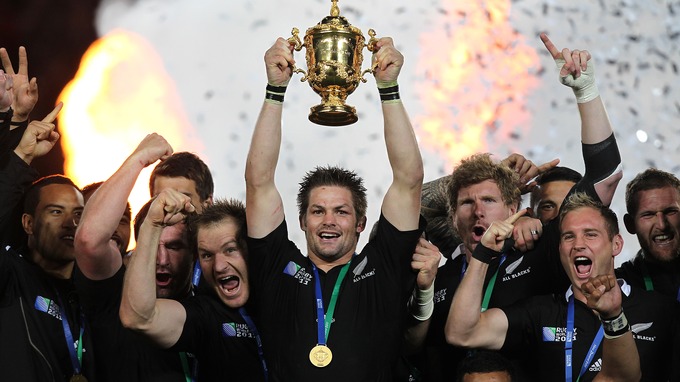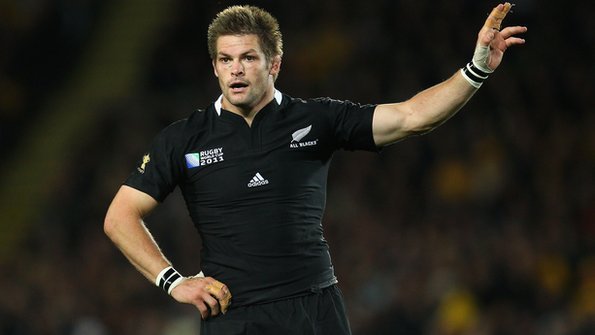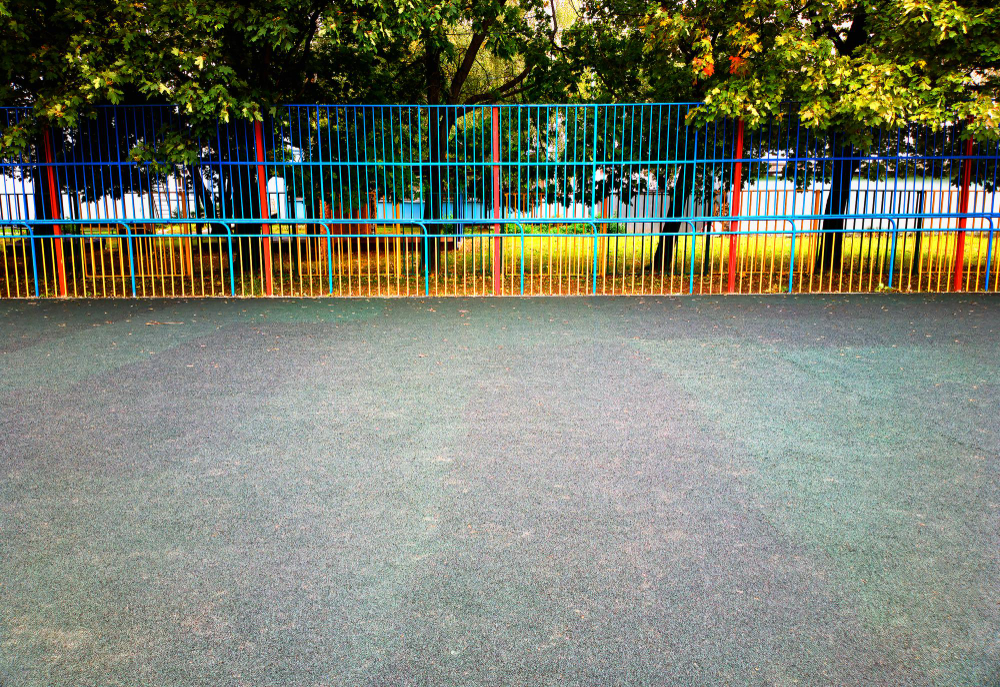When you think of rugby, New Zealand shines as a true titan. Ever wonder why they’re so incredibly good at it?
However, the answer lies in their national passion for the sport, with a whopping 150,000 registered players, a strong cultural bond, starting player development early, top-notch coaching, intense leagues, and an unbridled love for the game.
Let’s explore what makes New Zealand an unstoppable force on the rugby field.
ORIGINS OF RUGBY IN NEW ZEALAND
Before the arrival of European settlers in New Zealand, the local Māori population participated in a game called kī-o-rahi, which bore similarities to both Australian Rules Football and rugby football. This indigenous activity held notable parallels to subsequent forms of rugby.
Moreover, the formal introduction of rugby football to New Zealand took place in 1870, thanks to Charles John Monro, who encountered the sport during his studies in London. Nevertheless, the indigenous Māori’s involvement in their distinct version of the game exerted a considerable impact on the progression of rugby in New Zealand, shaping its gameplay and enduring characteristics.
Why is rugby so popular in New Zealand, and how have they managed to become so good at it

Cultivating the Next Generation
Rugby’s hold on young Kiwis is unrelenting. Once it captures their interest, it never lets go. Buck Anderson, a former All Black, rugby teacher, and coach, now leads the New Zealand Rugby Football Union’s extensively funded community programs.
Also, These programs focus on four key skills: catching, passing, running, and evading. Anderson recognized a unique challenge: around 90% of primary school teachers were female, many of whom hesitated to teach rugby due to concerns over injuries and complex rules.
Innovative Approach: Rippa Rugby
To address this, Rippa Rugby was introduced, a non-contact, small-sided version of the game suitable for children as young as three. This adaptation has been adopted in all primary schools, thanks to a nationwide effort that included providing Rippa Rugby kits and instructional DVDs. This initiative led to a surge in the number of primary school kids playing rugby, making the sport more accessible and enjoyable.
Cultural Significance and Historical Foundations
Rugby’s place in New Zealand’s culture is unparalleled, rivaled perhaps only by Wales. The sport gained prominence during a time of nation-building, particularly highlighted by the legendary 1905 tour of Great Britain.
In addition, beating British teams at rugby symbolized the healthy Kiwi lifestyle, enhancing the country’s identity. The masculine nature of early New Zealand culture further solidified rugby’s central role, with rugby clubs becoming community hubs.
Structured Development Pathway
The journey for young rugby enthusiasts in New Zealand is well-structured. The process begins with Small Blacks, aimed at five-year-olds, emphasizing skill alignment with age-appropriate capabilities.
Further, The focus gradually shifts from non-contact and no set pieces for younger kids to limited post-tackle drills and ball-in-hand play for older ones. Only at the age of 11 do children engage in 15-a-side games, with an emphasis on skill development rather than penalties and kicks at goal.
Education System and Club Excellence
Rugby coaching extends across both state and private schools, with a focus on quality coaching. However, education is just one component of the holistic development approach. Clubs like High School Old Boys contribute significantly to player development, providing structured and competitive environments that nurture talent.
Deeply Embedded Culture and Identity
Rugby’s grip on New Zealand’s national psyche has endured challenges but remains resilient. Success in sports is a source of national pride, offering a platform for showcasing international excellence.
This dominance creates a deeply rooted cultural phenomenon where rugby is intertwined with societal values, and the aspiration to become an All-Black is highly esteemed.
Environmental and Genetic Advantages
New Zealand’s climate and expansive landscapes naturally encourage outdoor activities. Rugby’s popularity is evident as children play with rugby balls everywhere, fostering essential skills.
Additionally, its diverse genetic makeup, influenced by European, Maori, and Polynesian heritage, contributes to the country’s physical attributes and playing style.
Sustaining Excellence
Despite their remarkable success, New Zealand recognizes the need for continuous effort. With a population of only four million, the country is committed to retaining top talent and honing their skills, emphasizing the importance of attracting and nurturing sporting potential.
Furthermore, the Championship stands as a global rugby union tournament featuring the leading contenders: Australia, Argentina, New Zealand, and South Africa. Among them, New Zealand holds a distinguished position with an impressive 18 world championship titles, a feat that elevates the country to the foremost status. This extensive collection of titles solidifies rugby’s popularity among the Kiwis, revealing their unparalleled prowess. With rugby being their national sport, it becomes an emblem of their pride as they showcase their supremacy on the international stage.
Lots of players
A country’s success in sports often depends on how many people play the game. The more players there are, the higher the chance of finding exceptional talents who are both naturally gifted and work hard to improve.
Even though New Zealand is small, with less than 5 million people, they have a lot of rugby players. They have almost 150,000 registered players, more than countries like England, Australia, and Ireland. Only France and South Africa have more. This shows how much New Zealand loves rugby.
Furthermore, Around 5% of these 150,000 players are probably really good and are working hard to get better. That means it has a pool of about 7500 talented players. This big group ensures that it will keep being great at rugby and stay on top in the world.
Access to Pacific Islander Players

When examining the composition of rugby teams such as the All Blacks and other professional squads in New Zealand, a prominent trend becomes evident. This trend revolves around the substantial representation of players from Fijian, Tongan, and Samoan backgrounds. Polynesian athletes exhibit a natural inclination towards rugby, often embodying an optimal fusion of size and speed.
Also, these athletes from the Polynesian region consistently stand out due to their remarkable attributes, including a body size exceeding 100kg and exceptional explosiveness.
One key factor contributing to this trend is the geographical proximity of New Zealand to the Polynesian countries. This proximity provides with a distinct advantage, allowing it to tap into a significant population of Islanders, which serves as a valuable reservoir of talent.
Moreover, New Zealand has taken proactive measures to extend its influence to Fiji, Tonga, and Samoa, offering scholarships and contracts to budding players. Consequently, they effectively allure top-tier talent from the Pacific Islands, leading to a notable enhancement of New Zealand’s representation and prowess within the rugby arena.
FAQ
Why are New Zealanders so good at sport?
The excellence of New Zealanders in sports can be attributed to the unique opportunities that lie at their doorstep. Kiwis have easy access to outdoor activities and have honed strong physical abilities through their engagement with the outdoors. Additionally, the agricultural landscape has contributed to the development of robust athletes, with the farming community producing remarkable talents. Interestingly, the majority of New Zealand’s population comprises animals rather than humans, a fact that underscores the country’s close relationship with nature and its influence on physical prowess.
Are the All Blacks the best rugby team in the world?
yes, the All Blacks have earned their position as the most successful international men’s rugby team in history. With a remarkable winning percentage of 77.12% over an impressive span of 612 Tests (from 1903 to 2021), they have consistently showcased their dominance on the rugby field.
What is number 1 in rugby?
In rugby, the player wearing the number 1 jersey typically holds the position of the left prop. Positioned on the left side of the front row in a scrum, the left prop is crucial for anchoring the scrum and binding with the opposing team’s forwards. This role demands a strong, sturdy player who can contribute significantly to the scrum dynamics.
What does 99 mean in rugby?
In the context of rugby union, the “99” call was a strategy employed by the British Lions during their 1974 tour to South Africa. This strategy involved a simultaneous retaliatory action by the Lions and has become a noteworthy historical aspect of the sport.
Conclusion
In the end, New Zealand’s dominance in rugby is the result of a seamless combination of crucial factors. Their innate passion for the sport, coupled with widespread participation and a strong grassroots foundation, creates a fertile ground for talent to flourish. With cultural reverence instilled from a young age, players forge a special connection that propels them beyond their limits.
Furthermore, exceptional coaching and active involvement in competitive leagues finely hone their skills. This, along with unwavering support and love for the game, fuels their determination. This dynamic blend sets New Zealand apart, crafting a legacy of consistent success and a resolute standing in the rugby world.
From their iconic haka, a tribute to their heritage, to the exhilarating energy in their matches, New Zealand’s journey to rugby excellence is a testament to dedication, resilience, and a profound attachment to a sport that captures both local hearts and the global stage.












